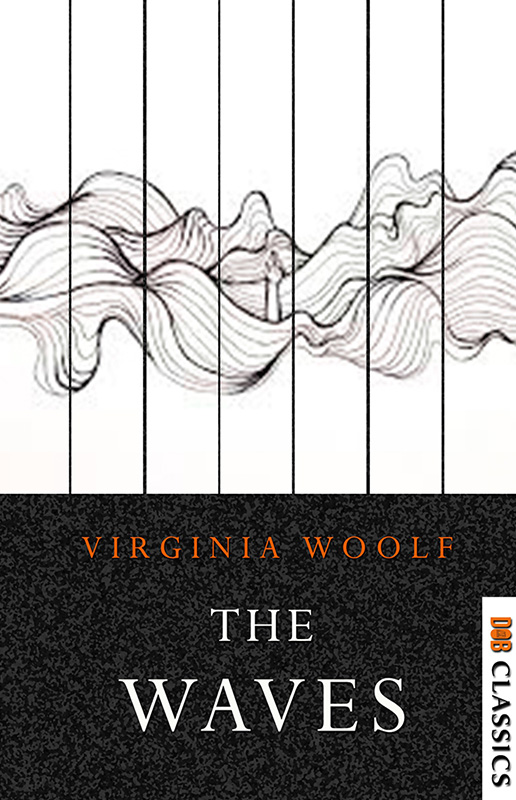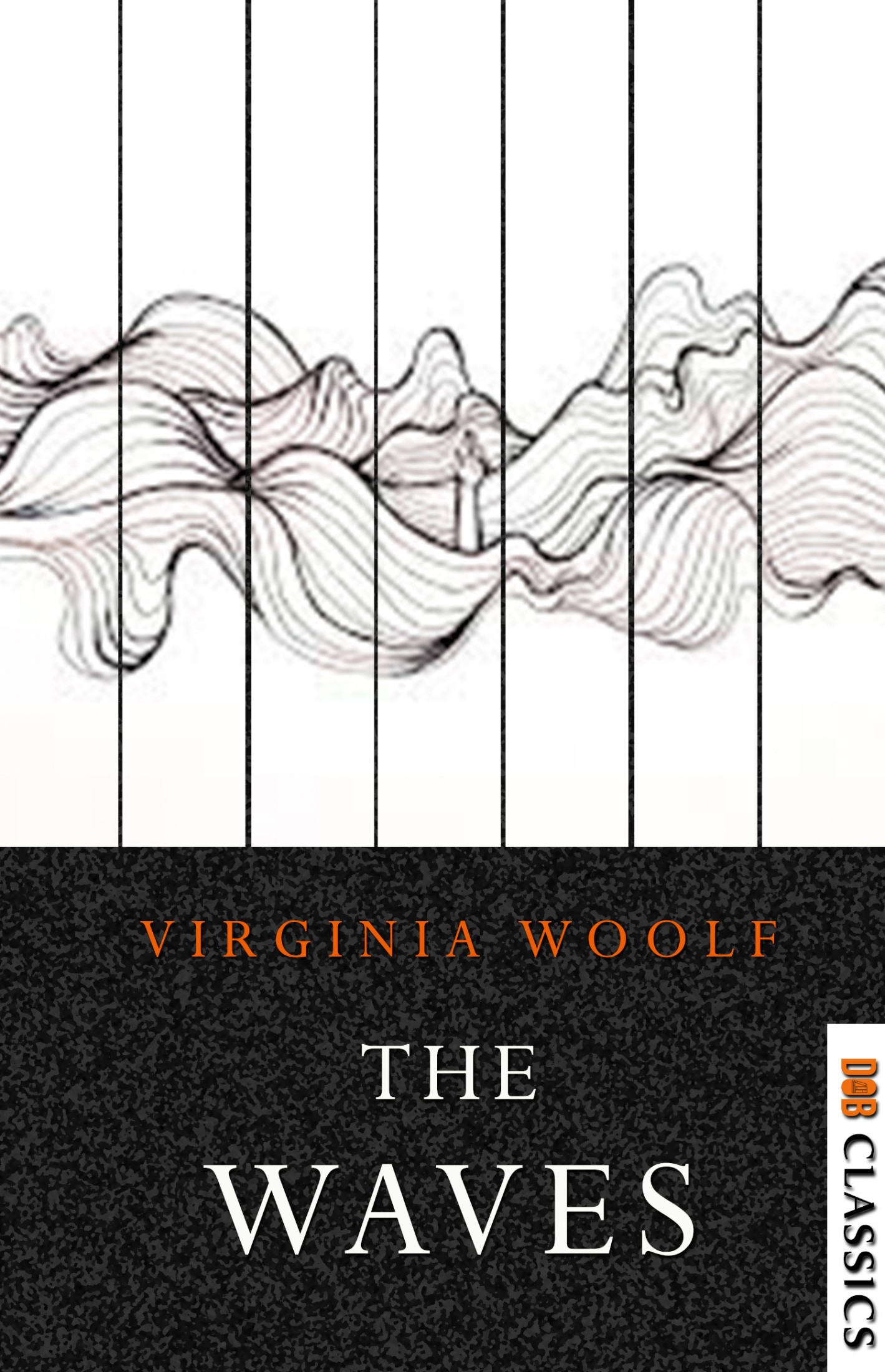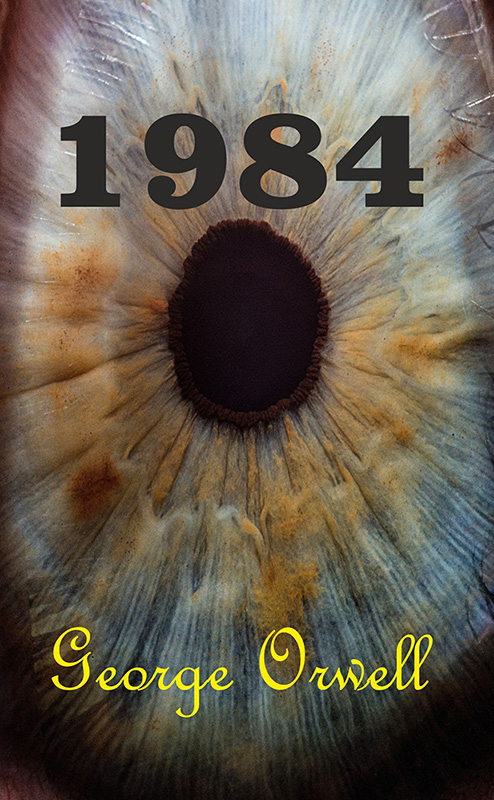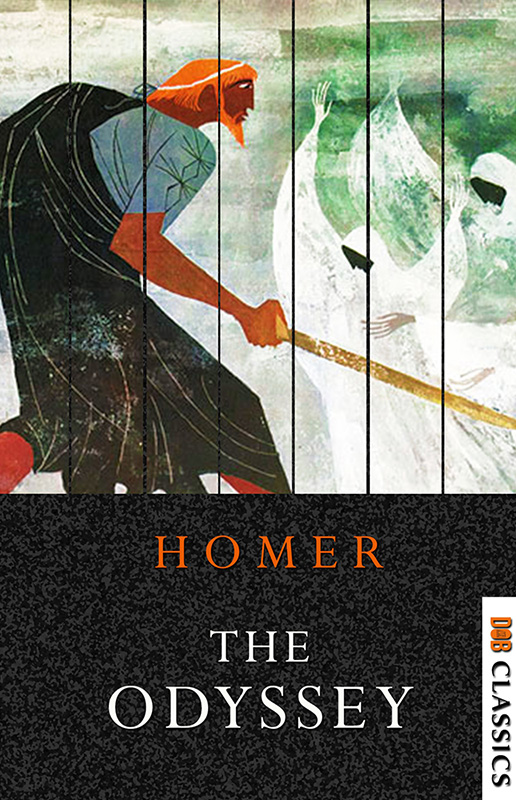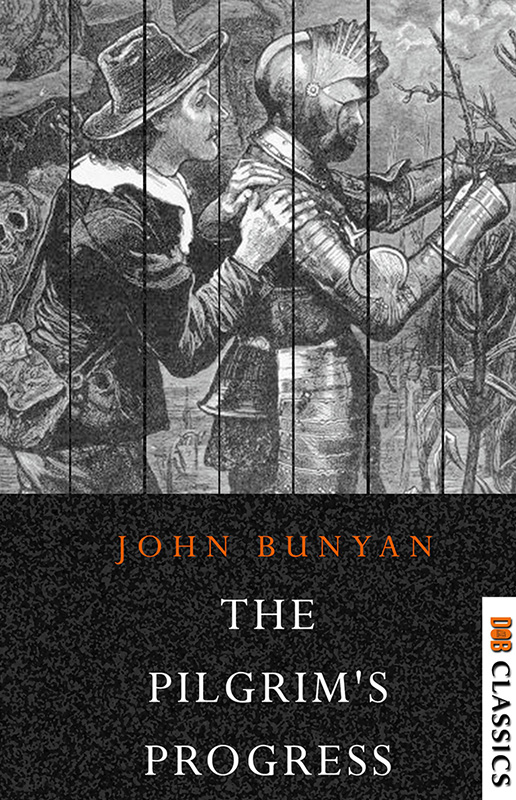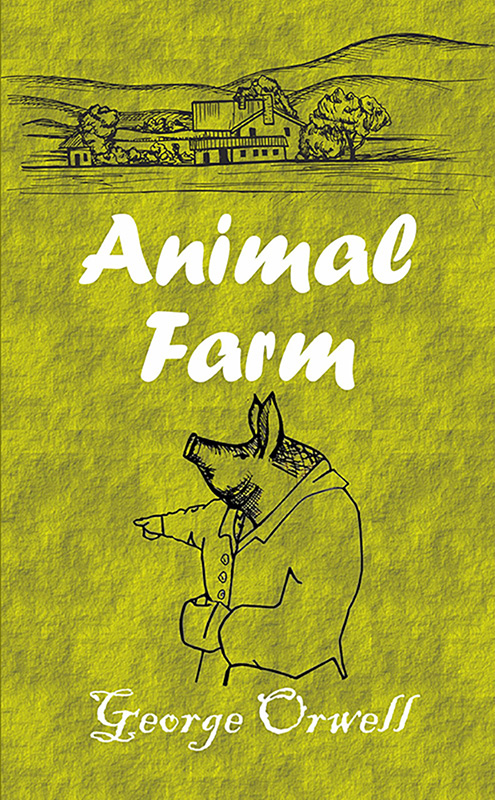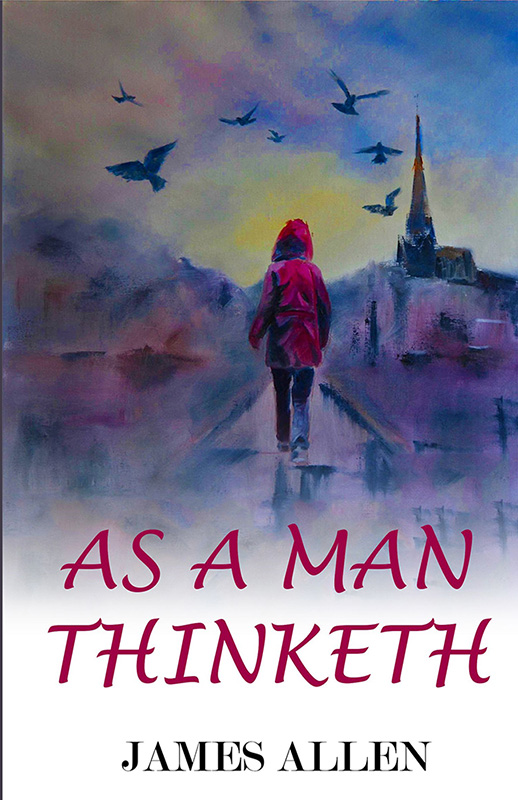The novel follows its six narrators from childhood through adulthood. Woolf is concerned with the individual consciousness and the ways in which multiple consciousnesses can weave together.
Bernard is a story-teller, always seeking some elusive and apt phrase. Some critics see Woolf's friend E. M. Forster as an inspiration for him.
Louis is an outsider who seeks acceptance and success. Some critics see in him aspects of T. S. Eliot, whom Woolf knew well.
Neville, who may be partly based on another of Woolf's friends, Lytton Strachey, seeks out a series of men, each of whom becomes the present object of his transcendent love.
Jinny is a socialite whose world view corresponds to her physical, corporeal beauty. There is evidence that she is based on Woolf's friend Mary Hutchinson.
Susan flees the city, preferring the countryside, where she grapples with the thrills and doubts of motherhood. Some aspects of Susan recall Woolf's sister Vanessa Bell.
Rhoda is riddled with self-doubt, anxiety and depression, always rejecting and indicting human compromise, always seeking out solitude. She echoes Shelley's poem "The Question". Rhoda resembles Virginia Woolf in some respects.
Percival, partly based on Woolf's brother, Thoby Stephen, is the miraculous but morally flawed hero of the other six. He dies midway through the novel, while engaged on an imperialist quest in India. Percival never speaks on his own in The Waves, but readers learn about him in detail as the other six characters repeatedly describe and reflect on him.
